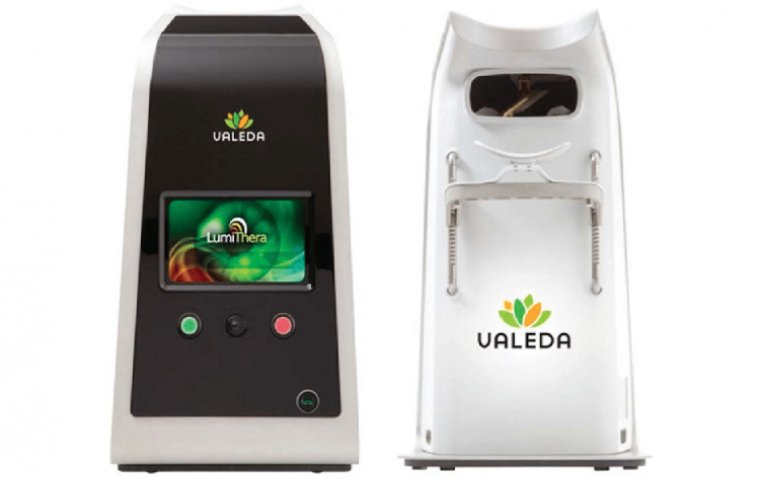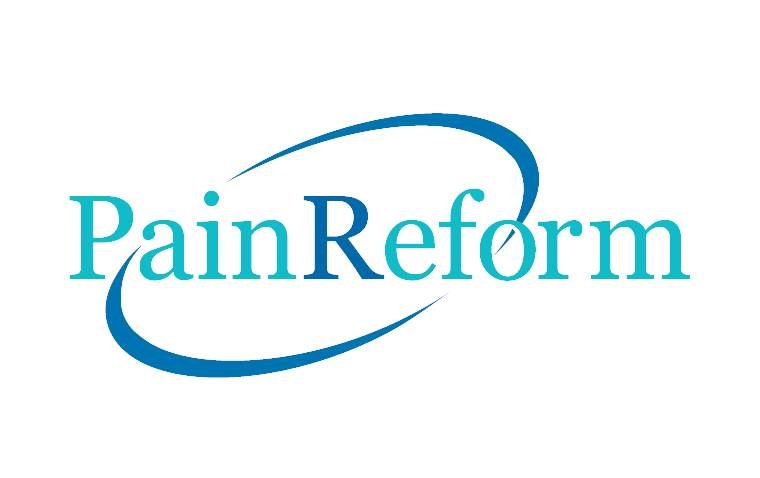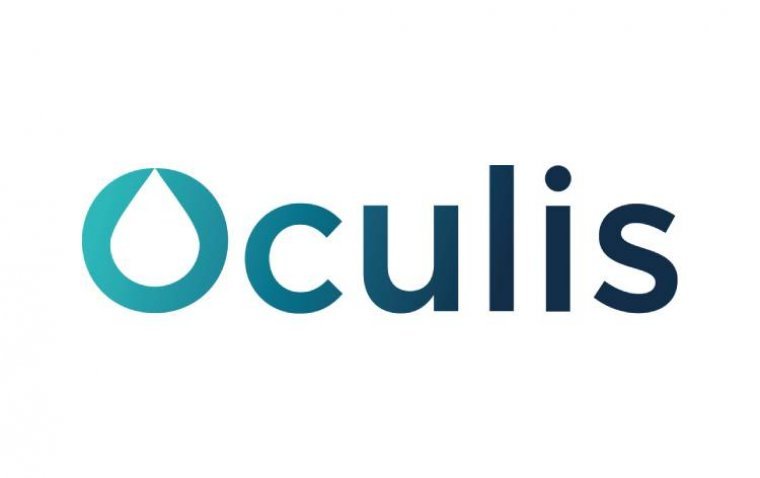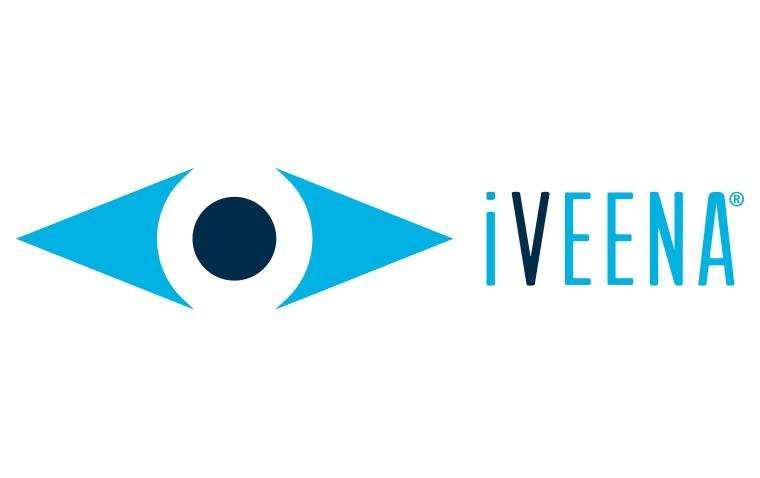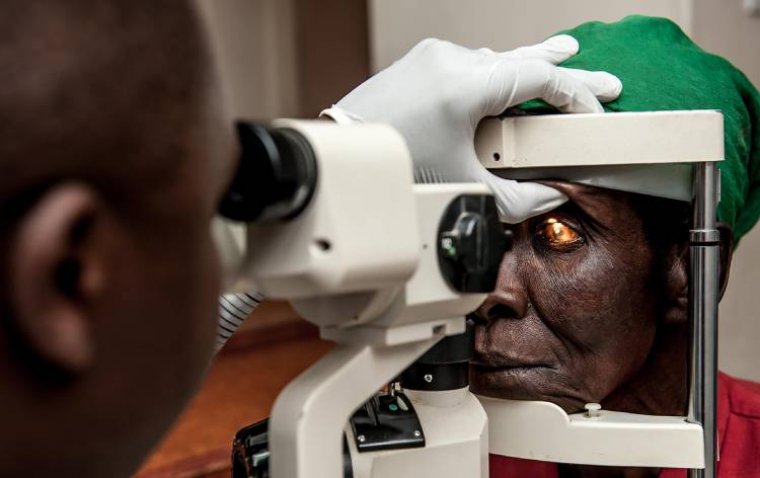
Malawi Eye Health Initiative Breaks Barriers for Equitable Care
In an inspiring leap towards health equity, a new eye health project in Malawi has successfully brought essential services to the grassroots level. This initiative, supported by Sightsavers, has notably reached over 122,000 individuals in rural and economically disadvantaged areas of the South West Health Zone.
The project focuses on those most often left behind by healthcare provisions, including women and people with disabilities, who are statistically more likely to suffer from vision impairments and less likely to receive needed care.
Aligning with Global Health Goals
The timing of the project aligns with Malawi's efforts to meet the United Nations Sustainable Development Goals, particularly universal health coverage. This goal seeks to ensure that everyone, irrespective of their location or economic status, has access to health services.
Effie Kaminyoghe, Senior Programme Manager at Sightsavers, emphasized the significance of inclusive health practices: “Unless inclusive eye health is recognized as a vital part of community healthcare, and inclusion of people with disabilities, women, and other marginalized groups is improved, efforts to achieve universal health coverage in the country will fail."
Influencing Policy and Providing Care
The project not only provided localized eye health services but also influenced national policy through contributions to the National Community Health Framework. This framework, which includes community health intervention guidelines, was launched by the State president in November 2023 and is a testament to the government’s commitment to both community and national health.
Funded by the UK government and the British public through UK Aid Match, and in collaboration with local government and other partners, the project included eye health screenings, surgeries, and transport to hospitals. It also featured accessibility audits of health facilities and comprehensive gender and disability inclusion training for health staff.
Empowering Communities and Changing Lives
The initiative empowered community-based ophthalmic clinical officers and launched eye health awareness activities, including the involvement of volunteer eye health ambassadors. These ambassadors, by sharing their personal treatment stories, play a crucial role in encouraging others to seek services.
One heartwarming success story from the project is that of Esther, a mother whose vision impairment severely impacted her life and livelihood. After being diagnosed with cataracts and undergoing surgery, Esther experienced a profound transformation. She was able to resume her responsibilities and significantly improve her family's quality of life. “It has changed a lot. They go to play. They go to school. They know that when they come back…they will find food prepared,” she said, reflecting on the positive changes for her children.
This project exemplifies how targeted health initiatives can substantially enhance lives, demonstrating the powerful impact of community-level health service provision in addressing global health inequities.
(1).jpg)

